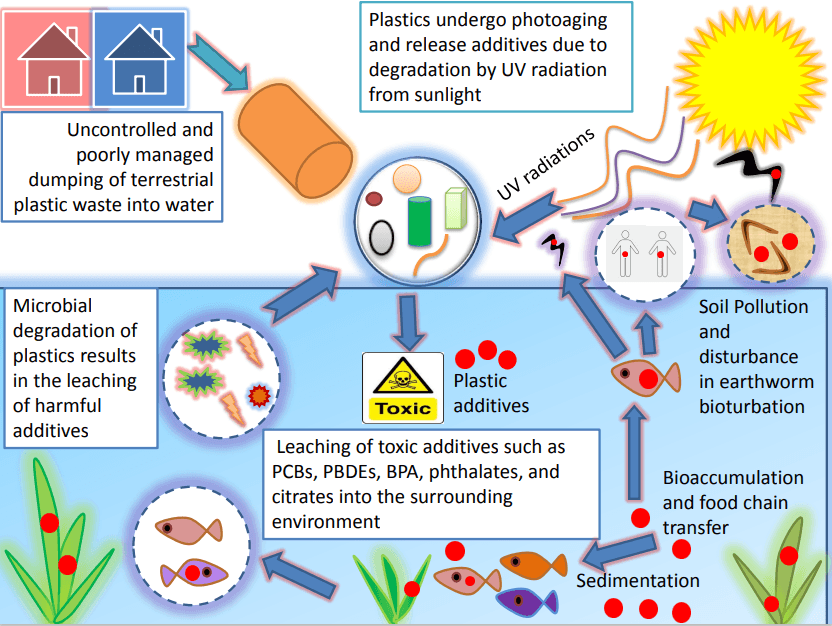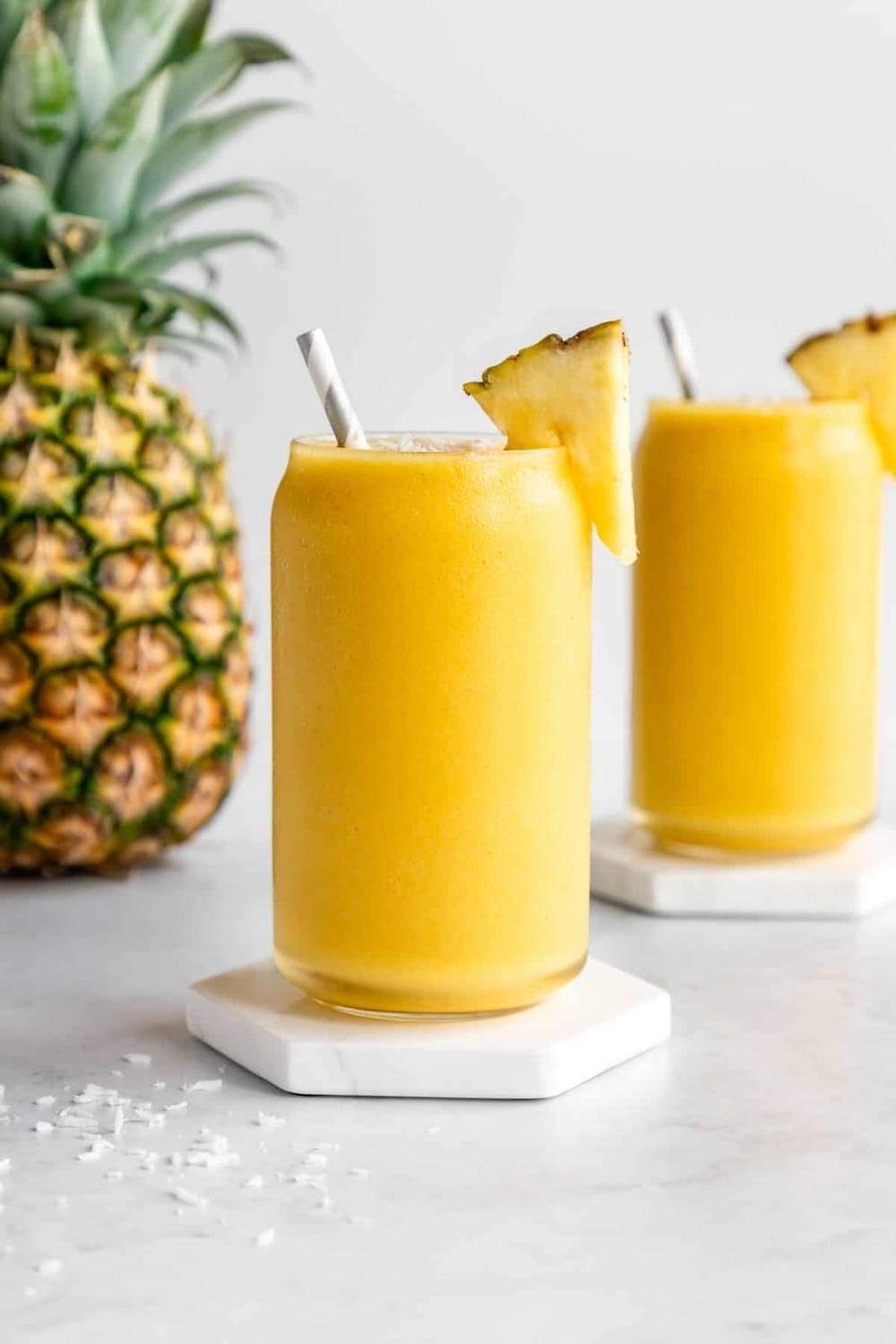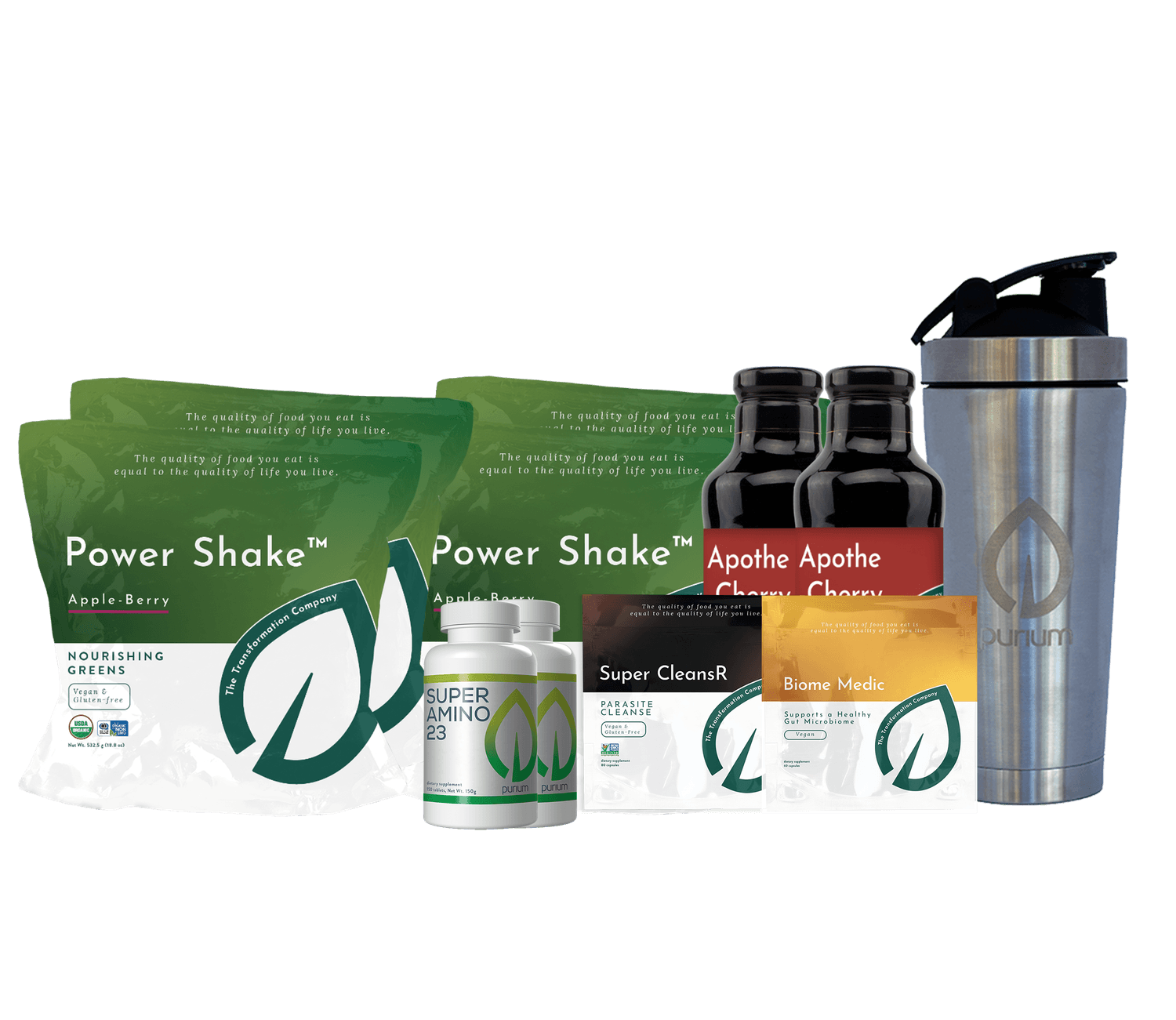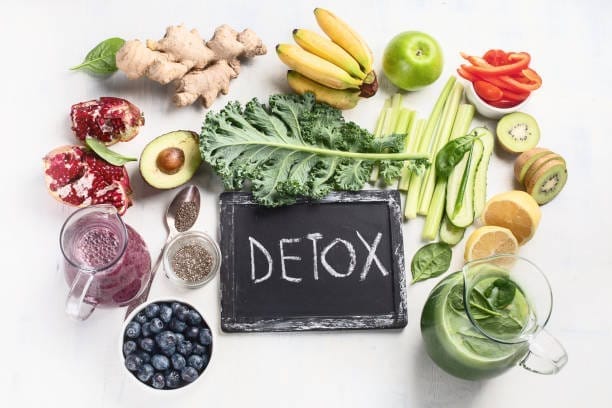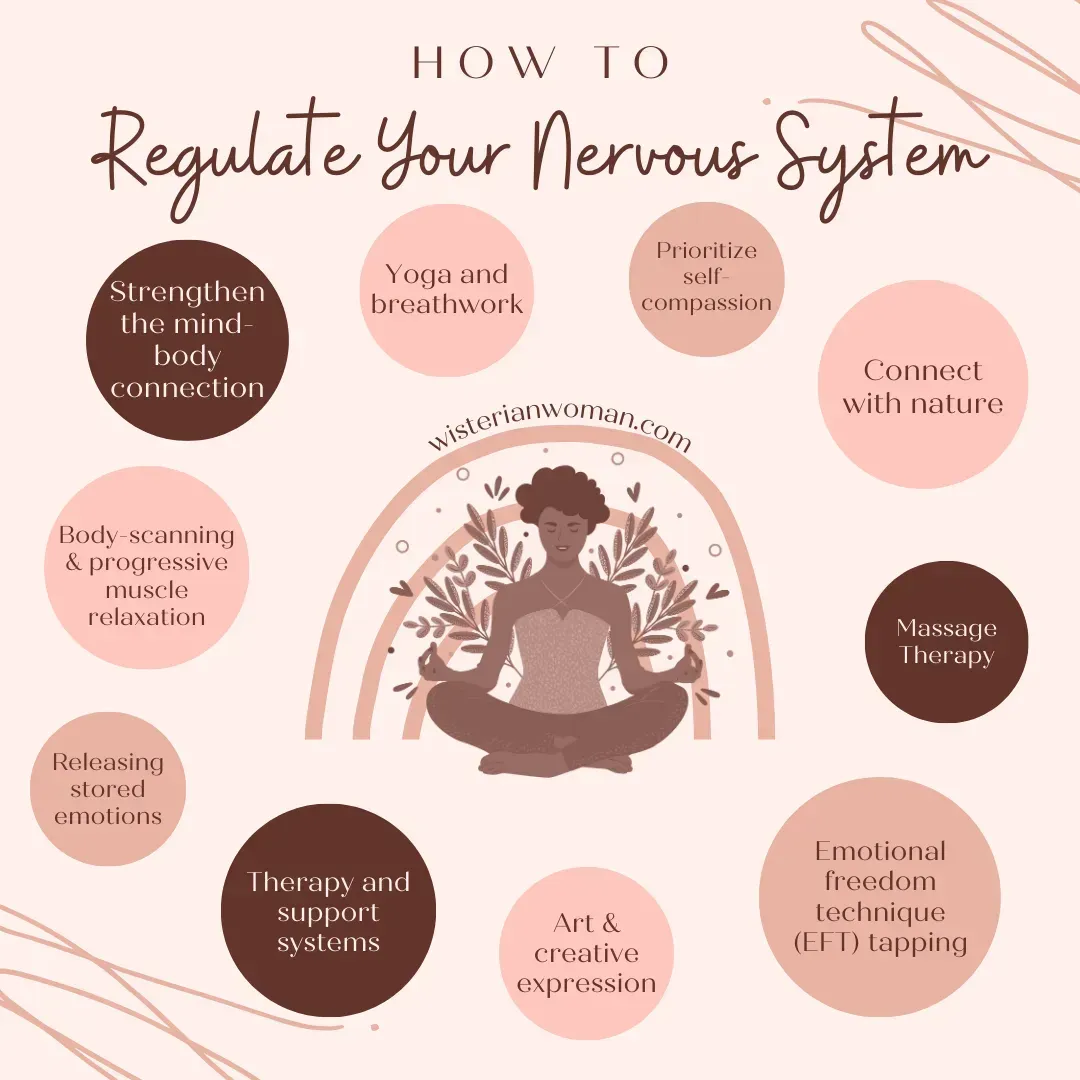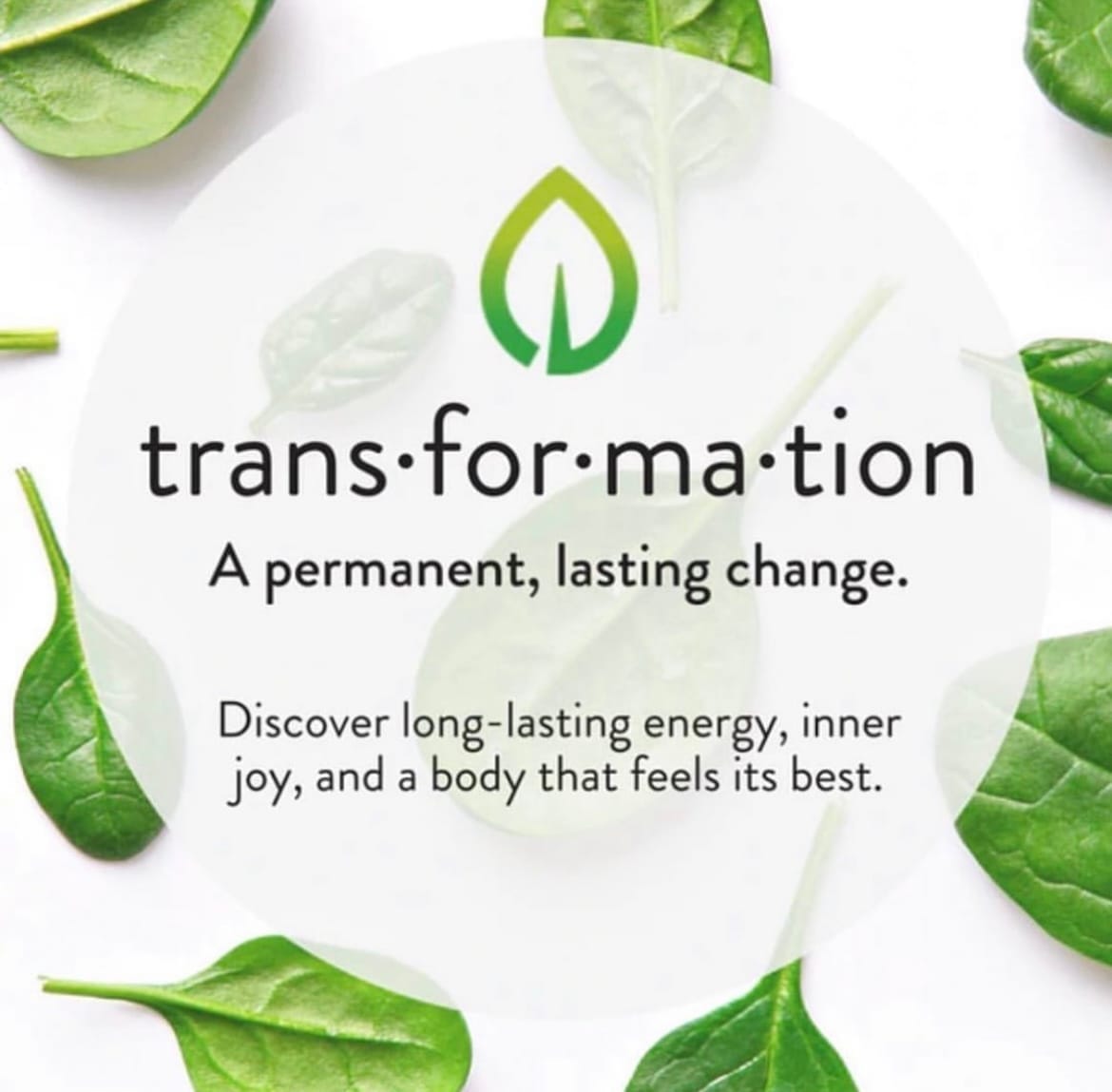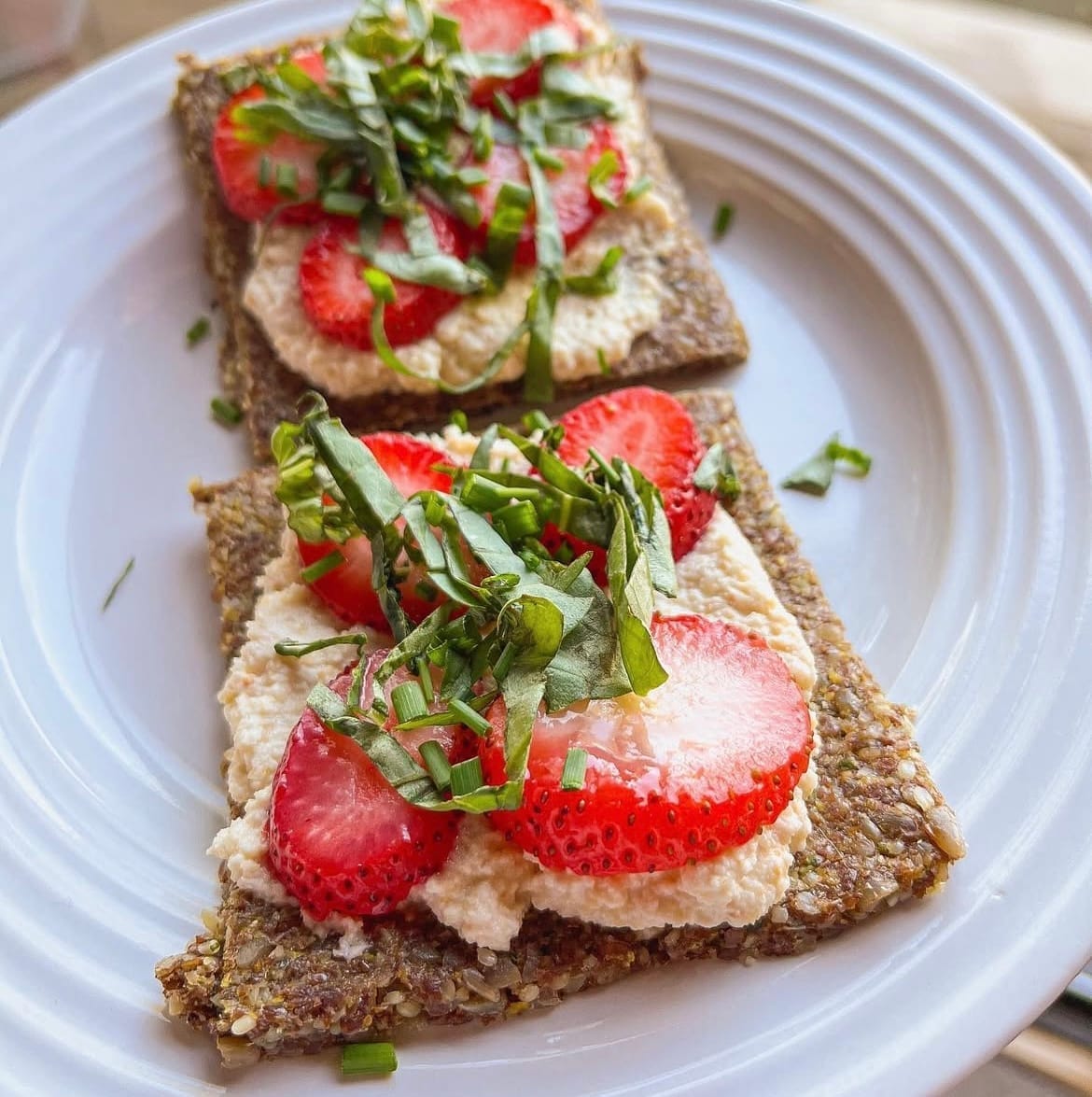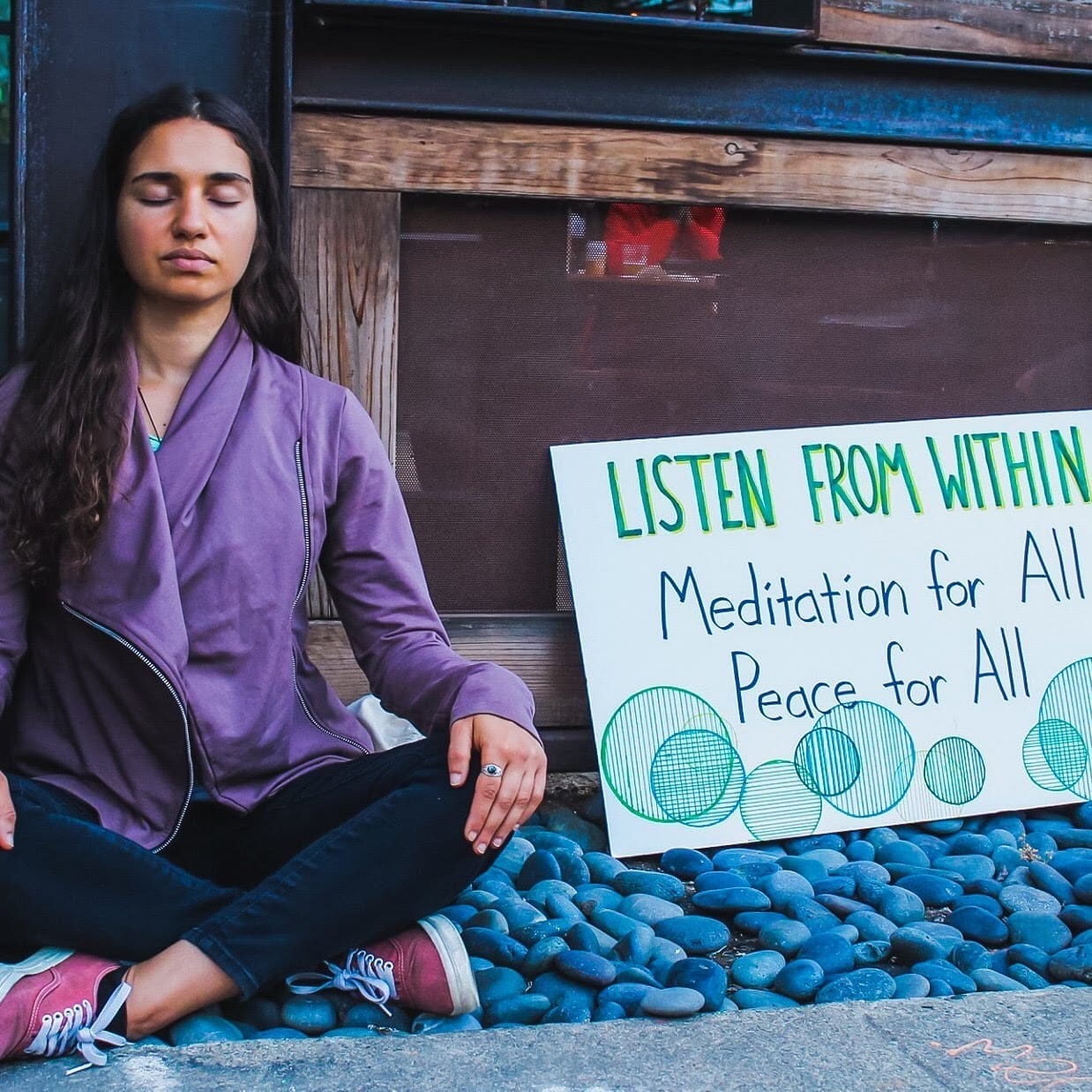
Why it's important to reduce plastic use
We are exposed to more plastics than ever before in human history. Humans are exposed to a large variety of toxic chemicals and microplastics through inhalation, ingestion, and direct skin contact, all along the plastic lifecycle. According to WWF, an average person could be ingesting approximately 5 grams of plastic every week. While the health impacts of plastics is still a rather new research area, scientific results to-date do indicate plastic causes diseases, disability and premature death at very stage of its life cycle. The toxic chemical additives and pollutants found in plastics threaten human health on a global scale.
A growing body of evidence points to the health risks posed are not only caused by plastic additives, as humans are also directly exposed to plastic materials in the form of microplastics and nano-plastics (Project TENDR, 2024). Exposure to plastics and chemicals can happen through ingestion through food and waste, chemicals leaching and accumulation in air and dust. These act as endocrine-disrupting chemicals (EDCs), which are linked to infertility, obesity, diabetes, prostate or breast cancer, thyroid problems and increased risk of cardiovascular disease and stroke, among others. Other health conditions linked to additives include reproductive, growth, and cognitive impairment and neurodevelopment disorders. The technical report Chemicals in Plastics released by UNEP and the Basel, Rotterdam and Stockholm Conventions Secretariat in May 2023, highlights how women and children are particularly susceptible to these toxic chemicals. Exposures can have severe or long-lasting adverse effects on several key periods of a woman’s life and may impact the next generations.
Scientifically-proven health effects include:
-Causing cancer
-Changing hormone activity (known as endocrine disruption) which can lead to reproductive, growth, and cognitive impairment.
How you can minimize and cut out your plastic use:
-Switch household utensils and cookware for stainless steel, bamboo, glass, or cast iron
-Switch household cleaning products to natural or homemade
-Switch out personal beauty and hygiene products for natural or homemade
-Switch clothing to natural fibers
-Bring your own reusable containers for take out
-Use a reusable glass or stainless steel water bottle
Resource: https://www.genevaenvironmentnetwork.org/resources/updates/plastics-and-health/
